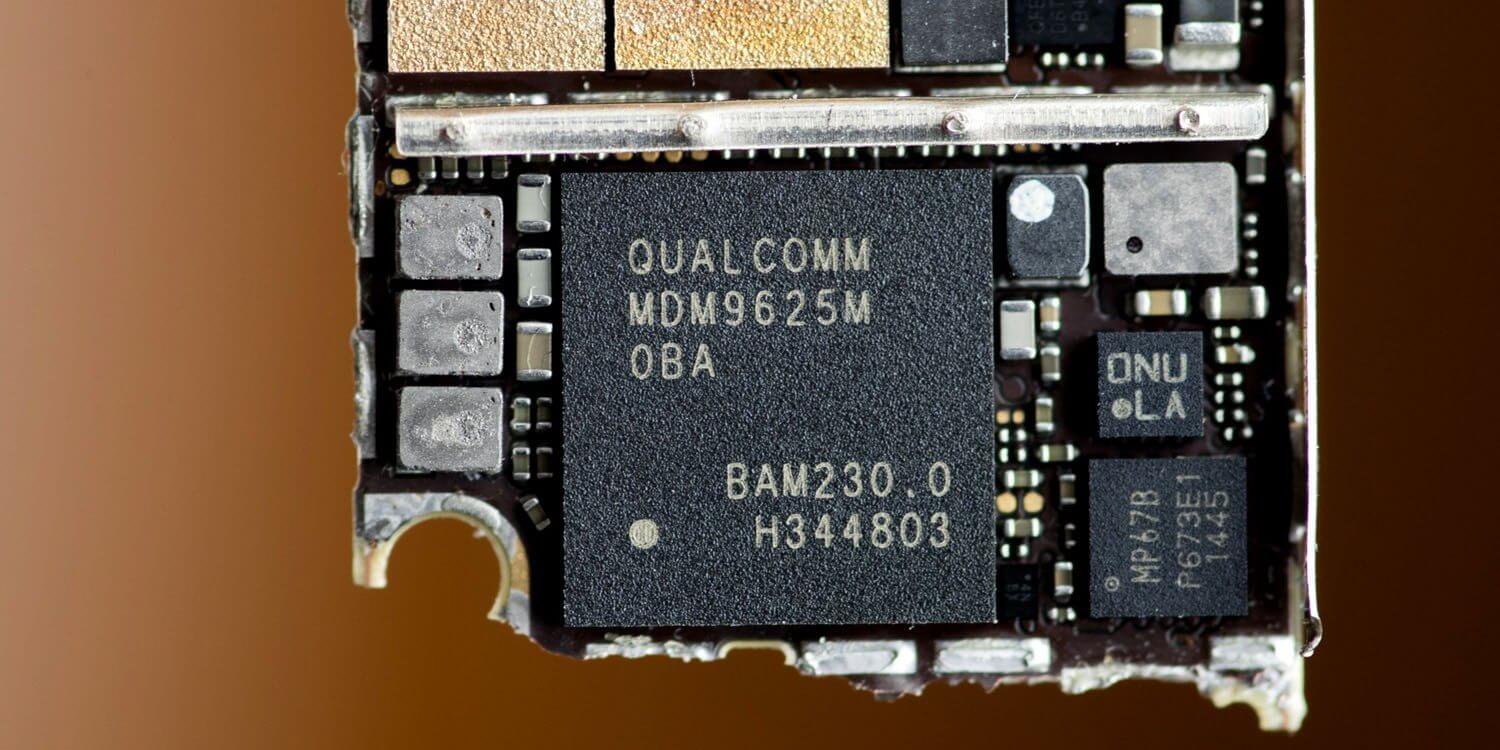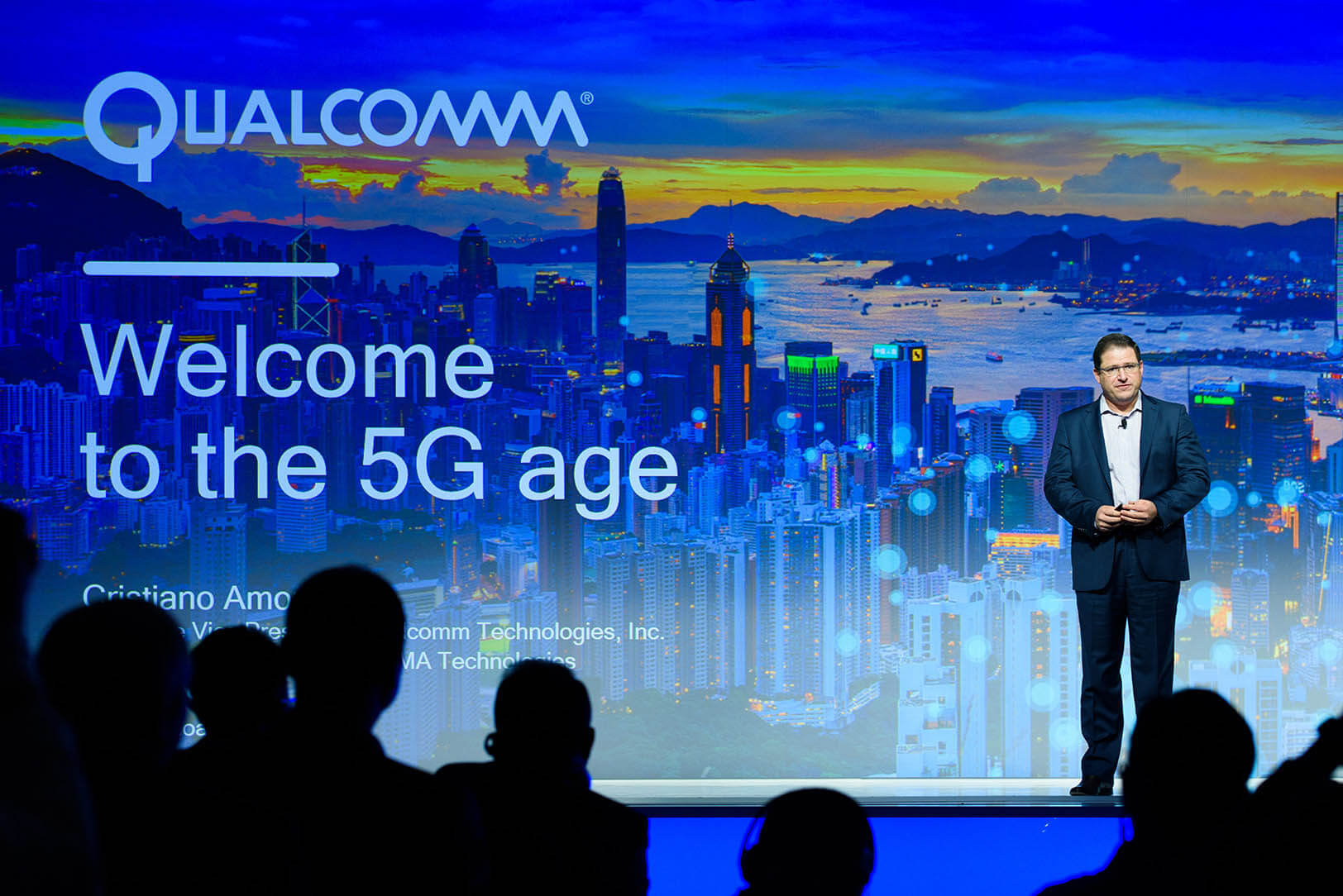Why it matters: Qualcomm is looking at a hefty fine for its anticompetitive practices in the E.U., where it used its position in the baseband chipset market to undercut its biggest competitor. What is even more interesting is that Huawei is one of the two giants that made this possible.
Qualcomm is being slammed by the EU with a fine to the tune of €242 million (around $272 million) for its use of predatory tactics in an attempt to drive a competitor of its 3G modem business out of the market almost a decade ago. This concludes an investigation that started four years ago, that questioned whether the chipmaker had abused its market position against Icera – a company now owned by Nvidia – who was its fastest growing competitor at the time. Key details of that investigation weren't made public at the time, but now commissioner Vestager has brought those to light.
The antitrust investigation found that Qualcomm had been selling its 3G modems to Huawei and ZTE at a loss between 2009 and 2011, effectively stunting the growth of Icera, who was showing a lot of promise in a market where Qualcomm at 60% share was three times bigger. The chipmaker naturally disagrees with the assessment and is planning to appeal, even as the fine is relatively small at just over 1% of its global turnover in 2018, or ten times less than the maximum extent under EU antitrust law.
Vestager noted that Qualcomm has no excuse for its price concessions, which were made in a strategic, targeted way that minimized the impact on the company's bottom line. Icera's chips took a significant R&D investment risk to create a high performance alternative to Qualcomm's 3G modems that are patented to the last transistor – meaning there was no sensible reason for the tech giant to suddenly drop their price below the cost of making them.

This isn't the first offence for Qualcomm, as some of you may recall that the EU last year handed it a €997 million ($1.2 billion) fine for signing a similar strategic agreement in 2011 with Apple in order to be its exclusive supplier of LTE baseband chipsets for iPhone. Go back to 2015 and you'll find that even China burned a $975 million hole in Qualcomm's coffer for another antitrust case involving patents for 3G and 4G chips.
In any case, while Qualcomm may not admit to wanting to monopolize the modem market, Intel's sudden exit from the 5G chipset business earlier this year is telling. And so are the fines received in China, South Korea and Taiwan.
The U.S. FTC recently offered Qualcomm a reprieve following a DOJ intervention in its antitrust case, under the excuse that 5G is a national security issue and that punishing the company would put the U.S. at a disadvantage. While that may hold for a while, it's worth noting the evidence used in this case was also used in the Qualcomm vs Apple lawsuit that settled not too long ago.
